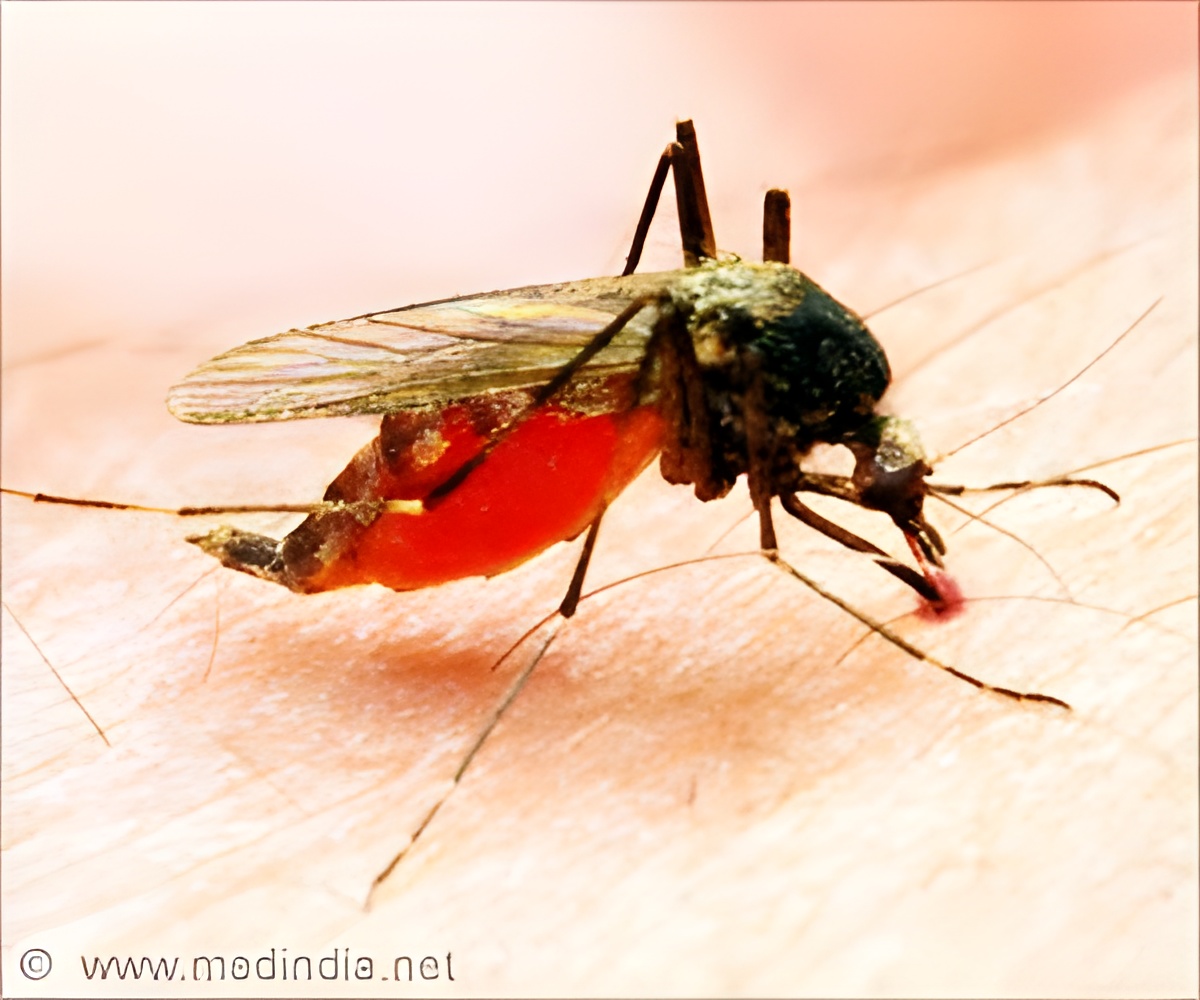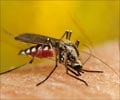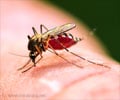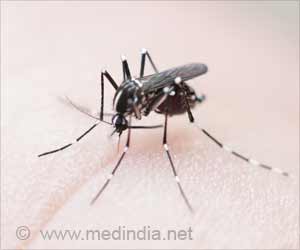An antibody that blocks the spread within the body of the dengue virus has been discovered.

‘The dengue virus uses a particular protein, called Non-Structural Protein 1 (NS1), to latch onto the protective cells around organs. It weakens the protective barrier, allowing the virus to infect the cell, and may cause the rupture of blood vessels.’





"Protein structures determined at the APS have played a critical role in the development of drugs and vaccines for several diseases, and these new results are key to the development of a potentially effective treatment against flaviviruses." -- Bob Fischetti, group leader with Argonne's X-ray Sciences Division and life sciences advisor to the APS director Currently, there are no effective treatments or vaccines for the dengue virus. Since there are four different strains of the virus, building up antibodies against one strain can actually leave people more vulnerable to subsequent infection from another strain, which makes finding an effective therapeutic more difficult. Scientists using the Advanced Photon Source (APS), a U.S. Department of Energy (DOE) Office of Science User Facility located at the DOE's Argonne National Laboratory, have reported success.
The research team's antibody, called 2B7, physically blocks the NS1 protein, preventing it from attaching itself to cells and slowing the spread of the virus. Moreover, because it attacks the protein directly and not the virus particle itself, 2B7 is effective against all four strains of the dengue virus.
The research team used X-ray diffraction techniques to determine structures of the NS1 protein with a bound antibody (2B7) and showed how the antibody provides protection against the virus. These diffraction images were obtained at the General Medical Sciences and Cancer Institutes Structural Biology Facility (GM/CA) at the APS.
Researchers showed that the 2B7 antibody effectively blocks the spread of the dengue virus in live mice. They reported their results in Science. The paper suggests that this same antibody could provide new treatments for other flaviviruses like dengue, a group that includes Zika and West Nile.
Advertisement
Source-Eurekalert















